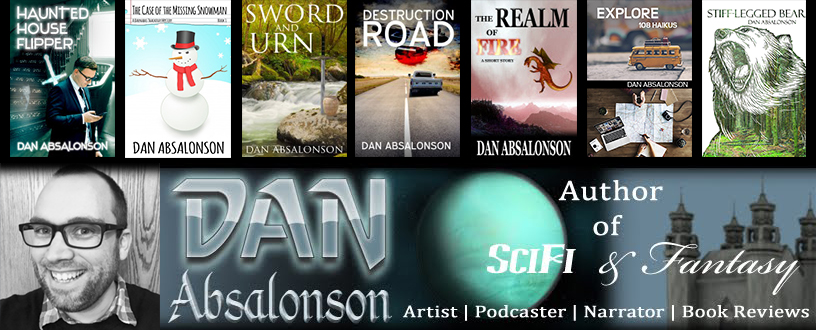Over the past several years, the combination of YA (young
adult) fiction with a dystopian premise has seen a tremendous leap in
popularity. Starting with the 2010 novel The Hunger Games by
Suzanne Collins, and continuing with other book-to-film series such as Divergent and The Maze Runner, YA
dystopias perform well because they speak to the feelings of isolation and
alienation that teenagers typically feel as they grow up. However, there are
some specific issues many in their adolescent age experience that are hardly ever
represented in these films and are therefore often ignored.
A common theme among YA fiction is the suppression of
budding sexual feelings. Protagonists acknowledge their desire to form intimate
relationships while realizing that those relationships may be inappropriate for
the current situation. This allows teenage readers to identify with the hero's
feelings and identify with the confusion and insecurity that often accompanies
young love. One example of this is in The Hunger Games in which Katniss
seems to struggle with her relationships
with both Peeta and Gale in a time of war and government surveillance.
Given the world she lives in, however, she seems to solely focus on her
priorities as the Mockingjay. Another recurring theme is the disillusionment
and mistrust with respect to authority figures and organizations. Teenagers at
a rebellious age will certainly identify with the impulse to question the
decisions and motivations of those in power, and to take a stand against
actions by ruling or governing bodies that are they are morally or ethically
opposed to. This is very obviously represented in Divergent and Insurgent
in which teenagers are forced to choose separate factions to live in when they
get to a certain age and if they don’t belong to any of them, their existence
is deemed detrimental to society as a whole.
Unfortunately, some of the issues that would likely be
present in a true dystopian society are simply not addressed in modern YA
fiction. Racism, which has been a prevalent issue in actual dystopian societies
like Nazi
Germany and South Africa
during apartheid, and is currently a huge social and political topic in the
United States, is largely ignored in contemporary YA fiction, where both the
heroes and oppressors are typically white. Divergent and Insurgent,
both available on Vudu
and cable TV, are based on
segregation according to personality types, but somehow author Veronica Roth
fails to highlight the obvious metaphor to race relations. In fact, the film
predominantly features white people even in the backgrounds. In the case of The
Hunger Games, many readers didn't even realize that two major characters
were black until the movie adaptation was released, which caused a large backlash
on Twitter. The absence of people of color in film is nothing new. However,
one would think that in dystopian societies, they would be negatively impacted
as much as white people.
Sexism, another prominent issue in many cultures throughout
history, is also rarely addressed in YA dystopian films and novels. Katniss
Everdeen of The Hunger Games shows little femininity beyond her
affections for love interests Peeta and Gale, and there's no discussion of how
her gender affects her performance in the Games or the way people perceive her.
In The Maze Runner, there is only one girl among the 7 or 8 primary
characters, and Ender's Game
addresses no sex or gender issues despite the fact that most of it takes place
at a co-ed military academy full of teenagers. There definitely are many strong
female characters in these films, such as Katniss and Beatrice, but it seems
that many of their actions are based on men. This is a common real-life problem
many young women face but the message that you should base your decisions on
men shouldn’t be something we need to enforce.
To tackle sexism and racism in a respectful and thoughtful
manner could open up the readership for YA dystopian
fiction beyond its current audience. Young females may respond well to the
strength exhibited by their counterparts in these stories, but a narrative that
directly addresses gender inequality could provide more emotional resonance.
Likewise, a novel or film that actually addresses the practice of racism and/or
segregation that would be likely to occur in a dystopian society could have a
broader appeal to a demographic that stretches across all types of ethnicities.
To prevent the YA dystopia subgenre from becoming stale,
authors must exhibit the courage and willingness to take on these controversial
topics, and infuse their stories with parallels to real
world issues beyond simple teenage identity crises. Then, the current fad
would have the potential to grow into something much more meaningful: a
platform for discussion that can lead to positive change and a movement towards
equality.




No comments:
Post a Comment